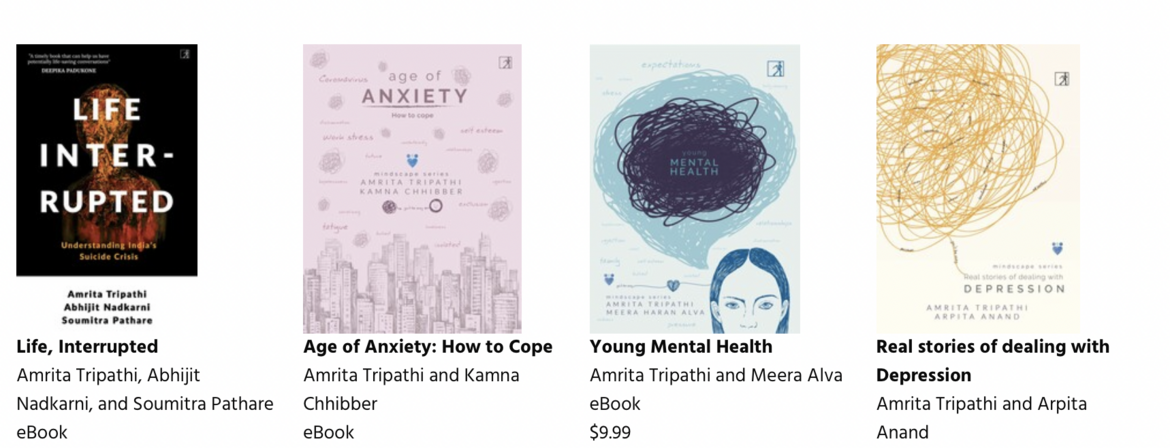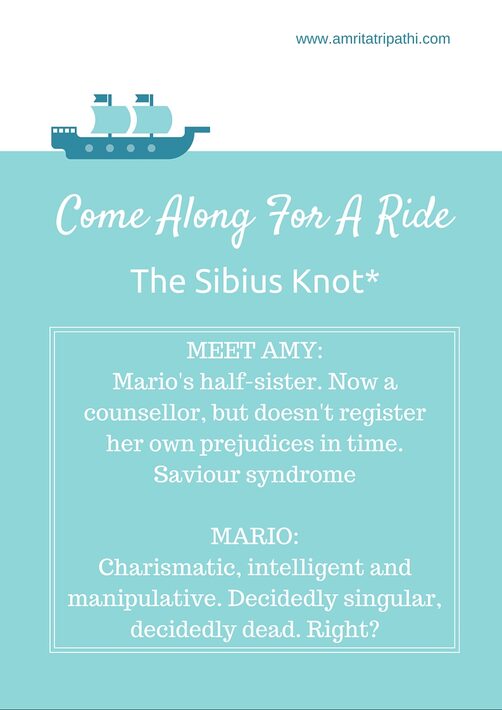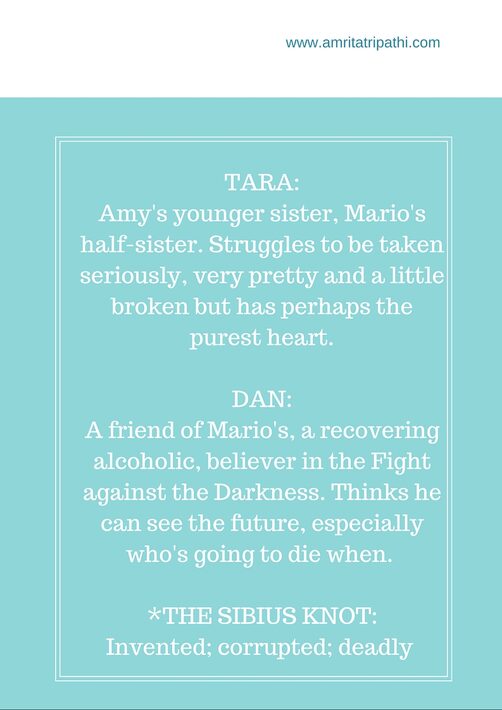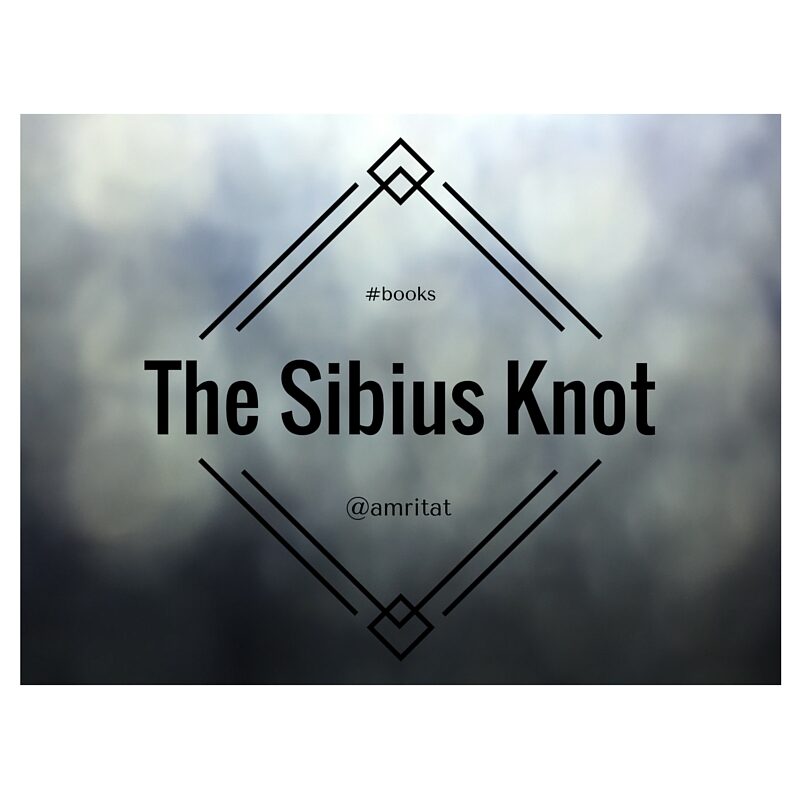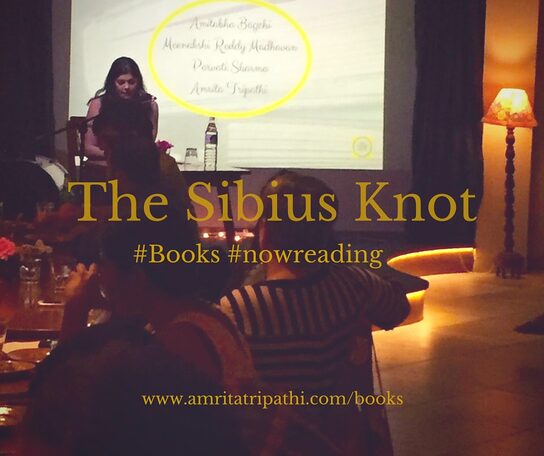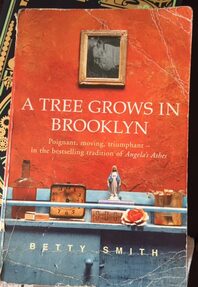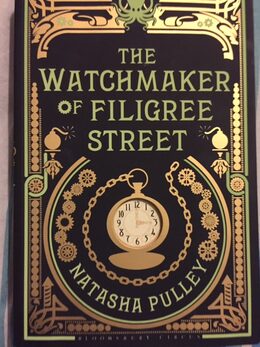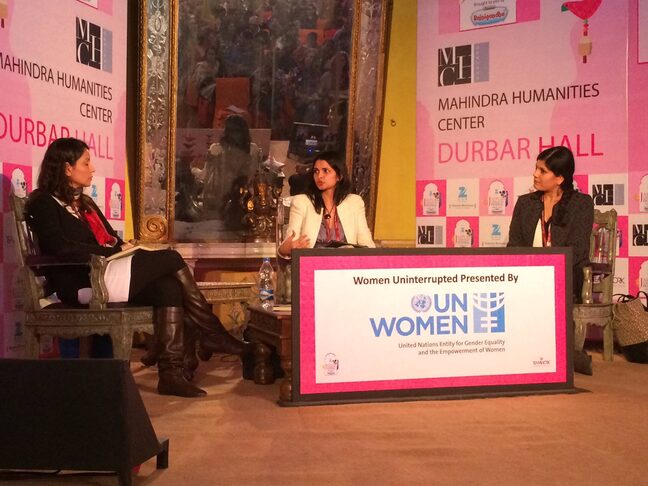Here's a look at an excerpt of an interview with writer Sabyn Javeri... for Harper Broadcast.
More of our interviews are up here.
Do let me know what you think!
Look for HarperBroadcast on Youtube/harperbroadcast. You'll find me on FB or Twitter and of course we have good old email.

